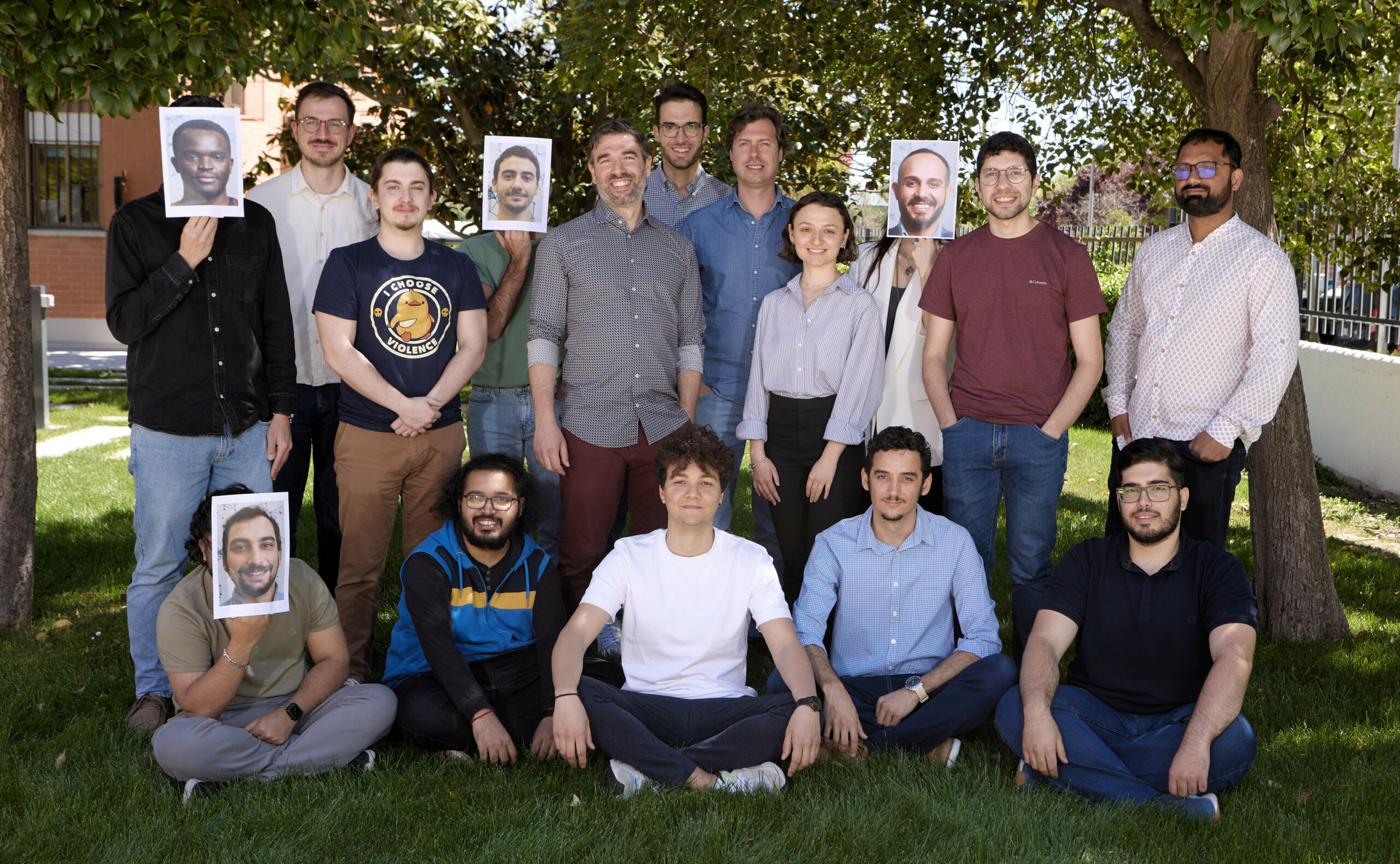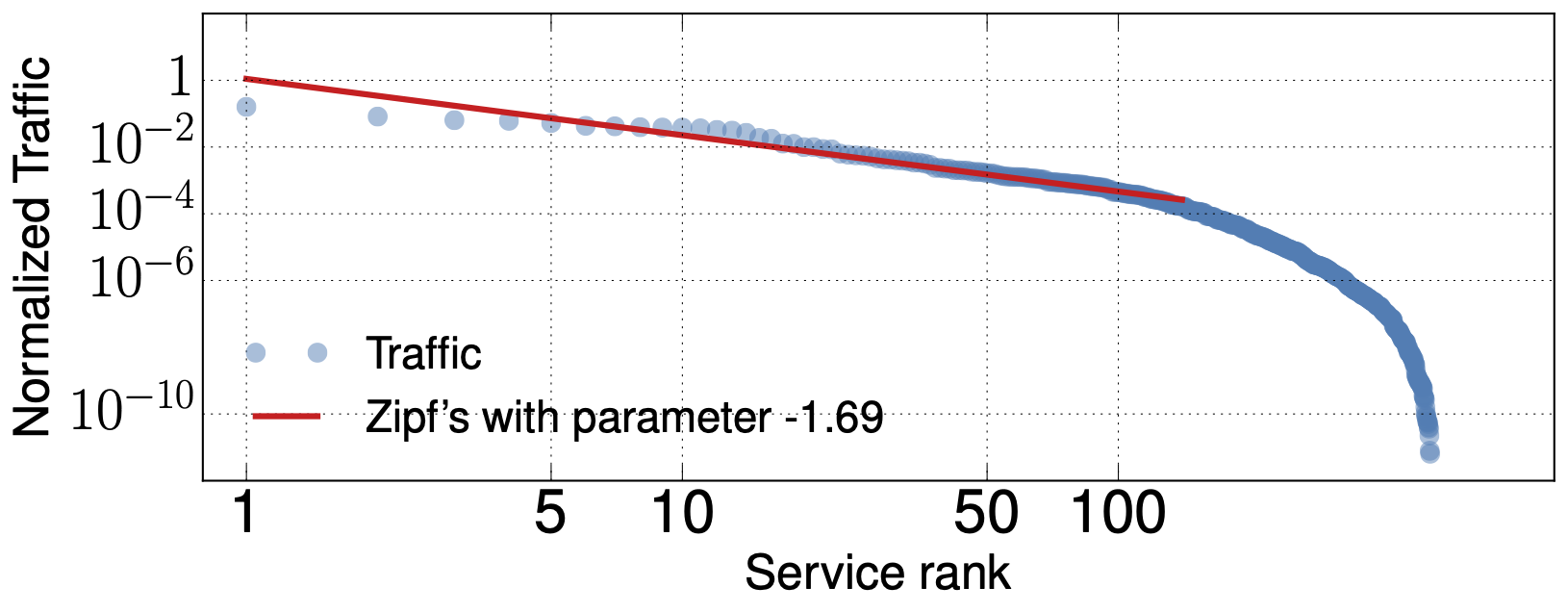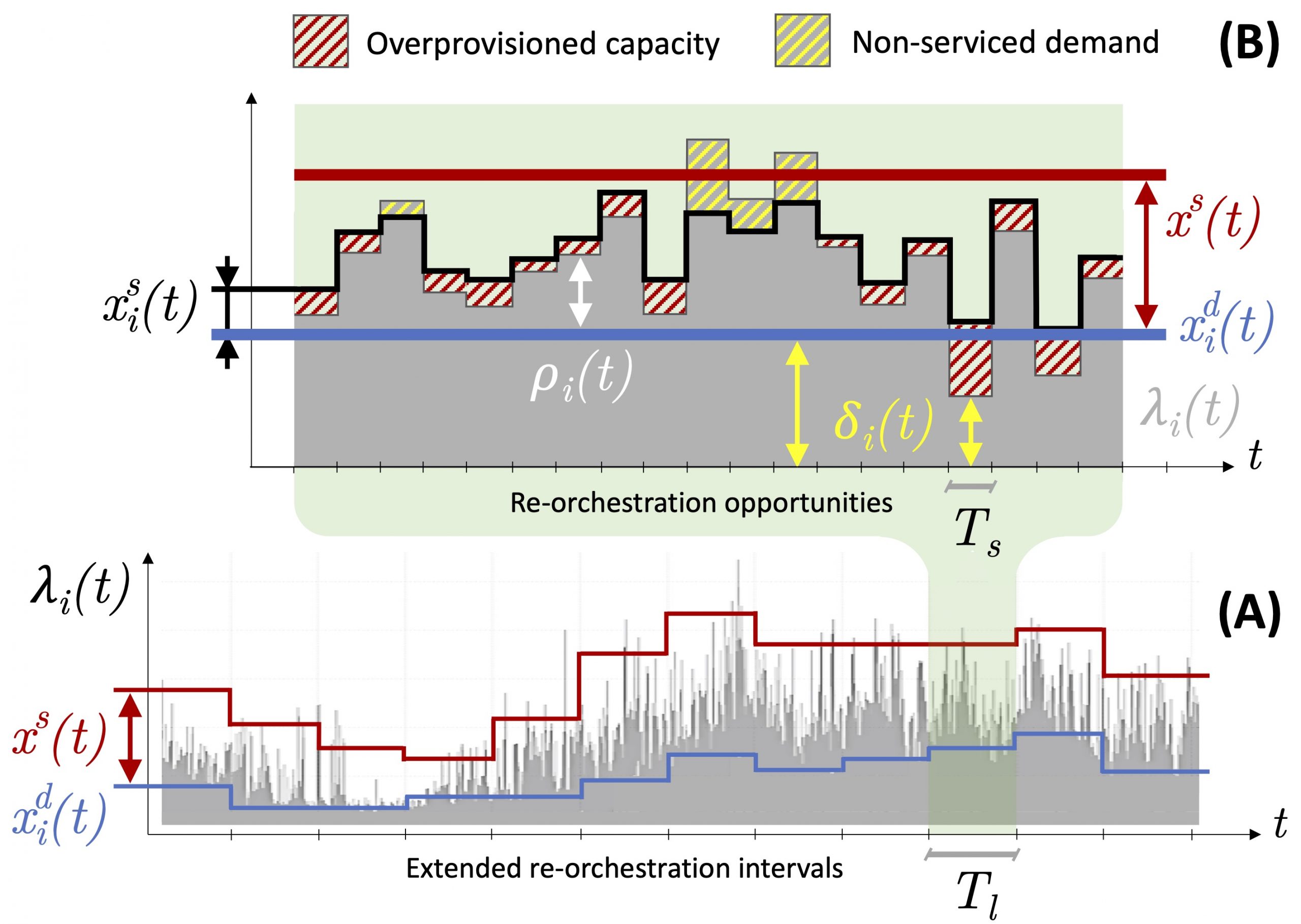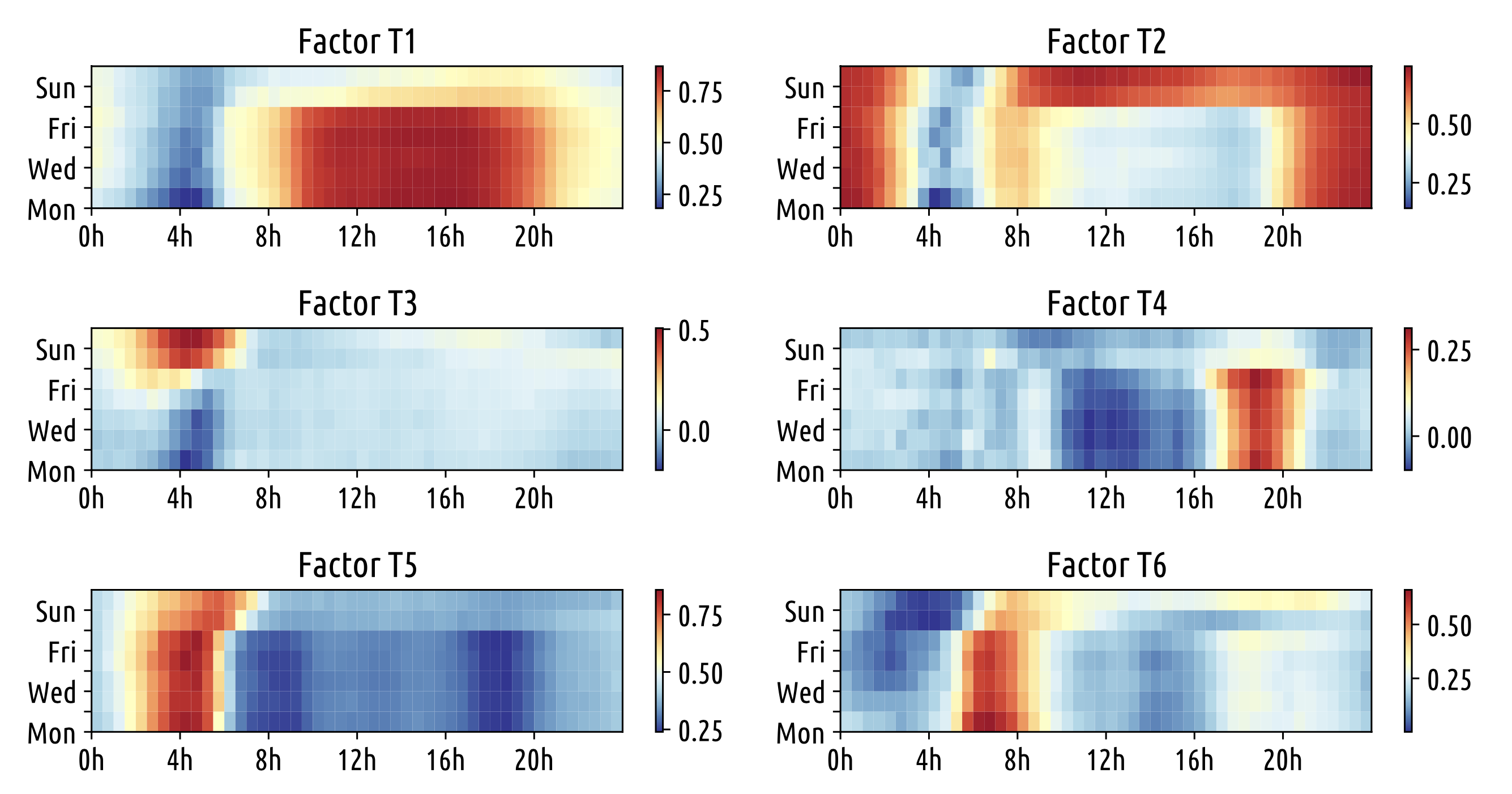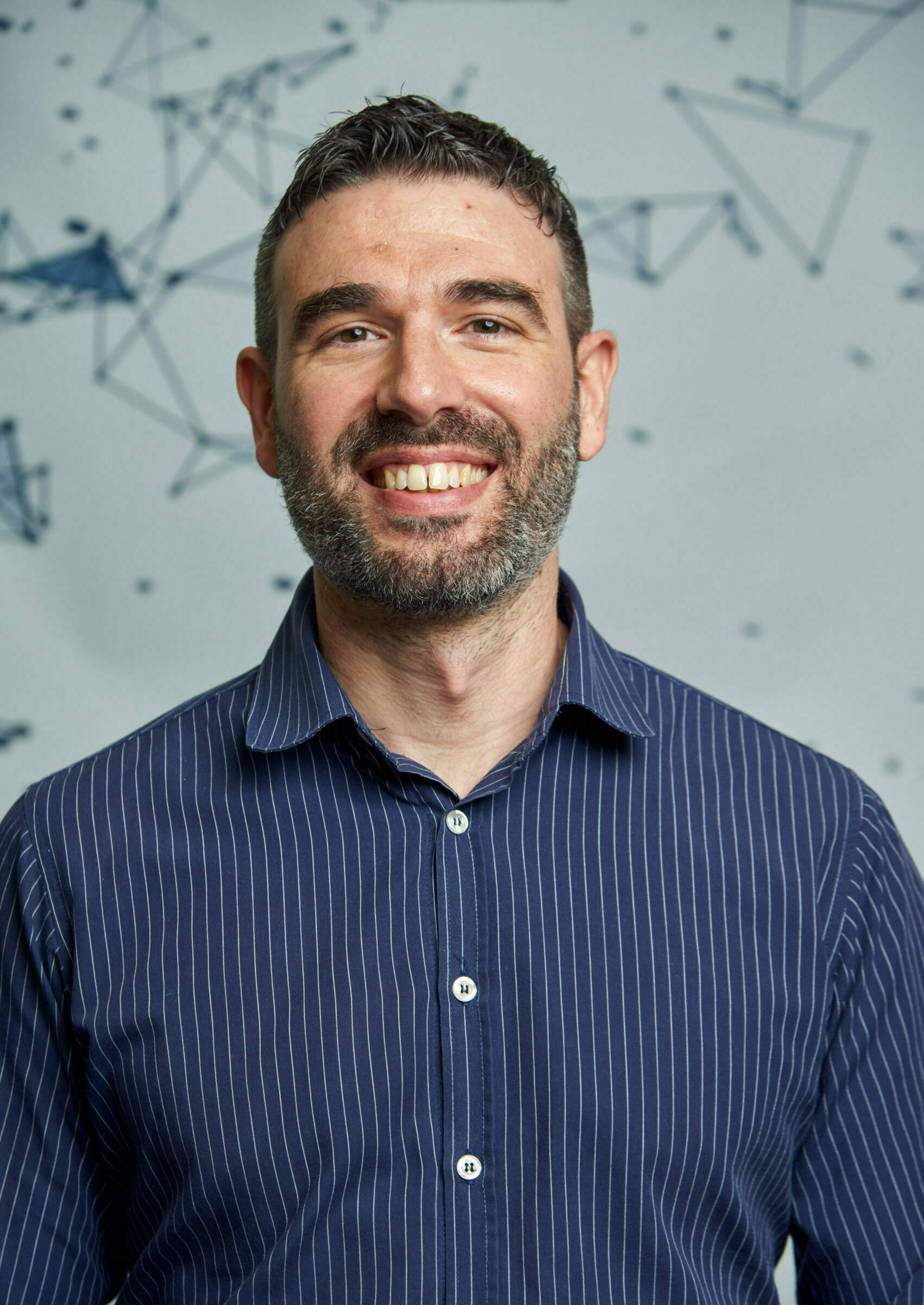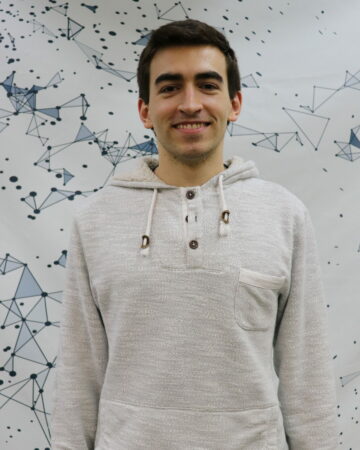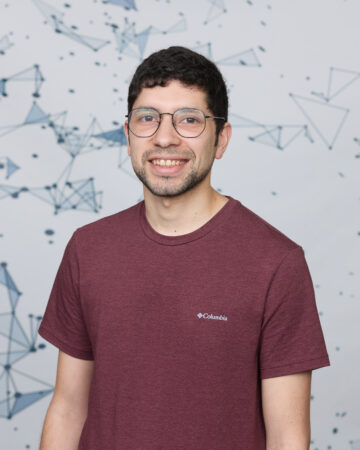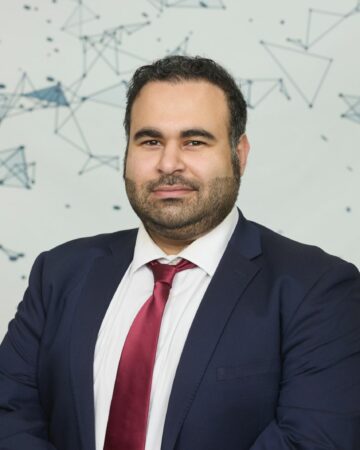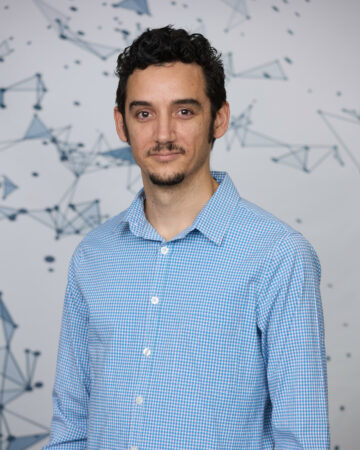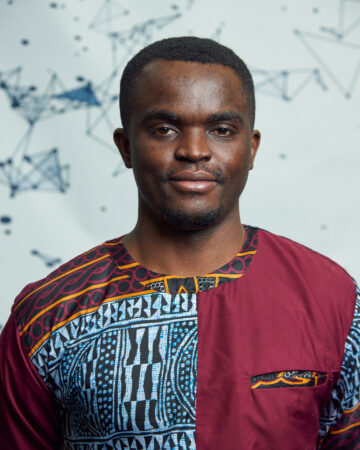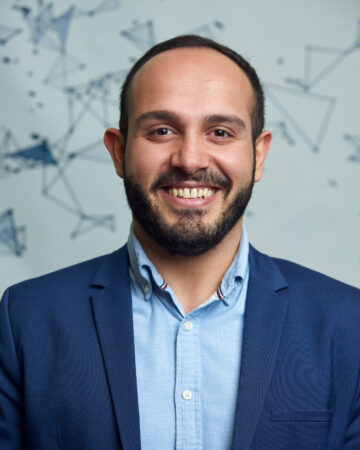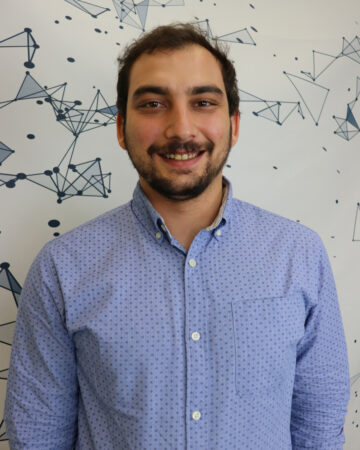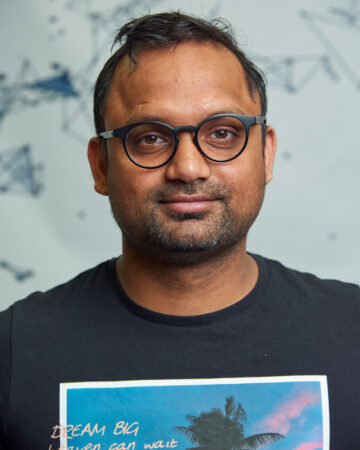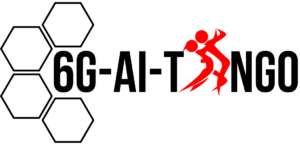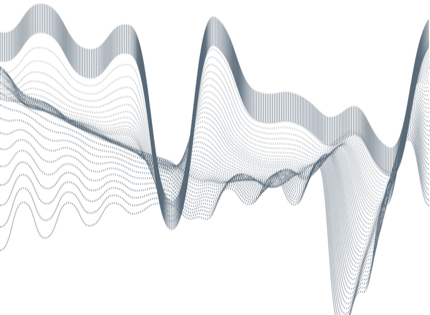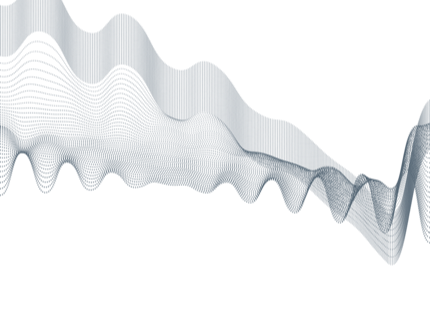★ Dec 2022 – Three papers accepted at IEEE INFOCOM 2023! Alan and Antonio will present in NYC in may AutoManager, an improved neural network architecture for loss meta-learning in MANO tasks. Akem and Michele will showcase Flowrest, the very first classifier based on random forests that can operate at a flow level in real-world programmable switches. Finally, in a joint work with the Wireless Networking Group, Alan developed tools to explain and attack traffic forecasting models based on deep learning. Postprints to appear soon.
★ Nov 2022 – New paper accepted at the NativeNI 2022 workshop, held jointly with ACM CoNEXT 2022. The work, co-authored by Akem, Beyza and Michele, investigates the implementation and performance of hierachical machine learning models in programmable switches. Postprint to appear soon.
★ Sep 2022 – New paper presented at IEEE SECON 2022. Orlando presented his work on enhancing Voronoi tessellation as a representation for the spatial mapping of mobile network metadata. Full details are in the postprint, and supporting code is openly available in our GitHub repository.
★ Aug 2022 – New member. Beyza, a MSc graduate from Middle East Technical University in Turkey, joined the group to carry out her PhD studies on sustainable Network Intelligence. Welcome Beyza!
★ Aug 2022 – New paper accepted at IEEE Transactions on Networks and Service Management. In another step towards removing the barrier to mobile network traffic access by the research community, we extend our previous conditional generative models to produce dependable maps of traffic demands on a per-service basis. This provides researchers with realistic mobile data loads for the likes of video streaming, social media, messaging or Cloud applications. Again a joint activity with University of Edinburgh, Orange and Samsung. See the postprint for full details.
★ Mar 2022 – New paper accepted at IEEE WoWMoM 2022. In this collaboration with NEC, we show how a hybrid approach combining statistical modelling and machine learning through a joint AutoML training process can outperform pure deep learning architectures in forecasting tasks. We evaluate the proposed solution in practical anticipatory networking use cases, demonstrating the generality of the solution. See the postprint for full details.
★ Jan 2022 – New paper accepted at IEEE Percom 2022. This is another installment in our series of works on generating synthetic mobile network traffic, in collaboration with the usual team at University of Edinburgh, Orange and Samsung. This study focuses on the spatial dimension of the aggregate demands. See the postprint and associated open datasets.
★ Jan 2022 – One paper accepted at The ACM Web Conference 2022. Congratulations to Sachit for his first paper as first author. The work uses extensive measurement data to investigate the interaction between consumption of mobile services and urbanization levels. It unveils a growing imbalance in the per-capita consumption of overall and per-app mobile data traffic during the past years between smaller and larger cities in France, and raises interesting questions on the presence of second-level digital divides in developed countries. See the postprint for full details.
